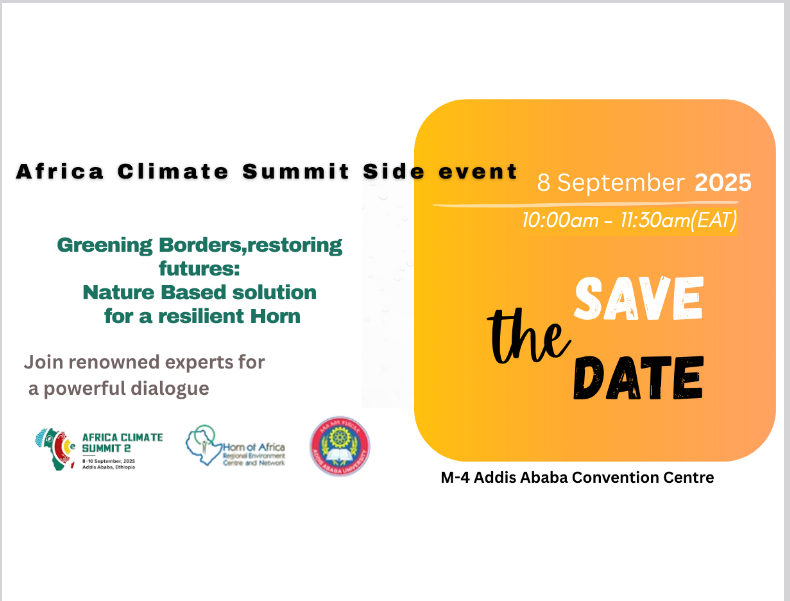🌿 Upcoming Event: HoAREC&N to Showcase Climate Leadership at ACS2 in Addis Ababa
August 14, 2025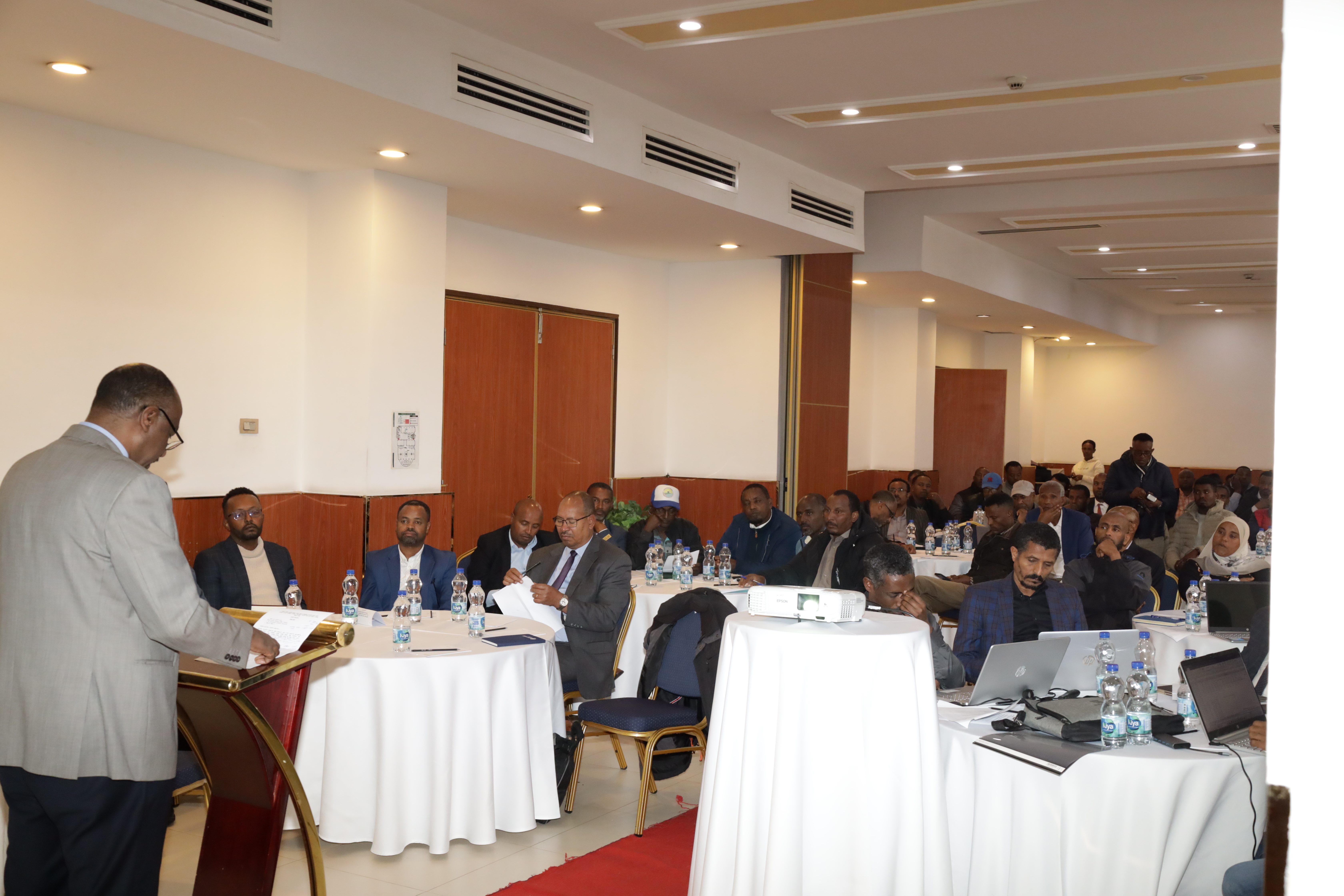
Pilot Project of Climate Resilient Shows Promising Prospects, Studies Recommend
August 20, 2025
Improving climate resilience of the community and Ecosystem through IWRM in the Ziway Shalla Lakes Sub-basin (PPCR_ZSSB)
Executive Summary
The Pilot Program for Climate Resilience (PPCR), funded by the African Development Bank (AfDB) and implemented by the Horn of Africa Regional Environment Centre and Network (HoA-REC&N), is strengthening the resilience of communities and ecosystems in Ethiopia’s Ziway-Shalla Lakes Sub-Basin.

Why This Project Matters
The sub-basin faces serious challenges: environmental degradation, water scarcity, soil erosion, declining crop yields, and poverty. These issues threaten both livelihoods and ecosystems. The project uses Integrated Water Resources Management (IWRM) to promote climate-smart solutions that balance community needs with ecosystem restoration.



Our Approach
- Community-led action: from site selection to implementation.
- Gender inclusion: ensuring women’s economic empowerment.
- Sustainability focus: training, monitoring, and creating ownership among beneficiaries.
Key Achievements So Far
- Situation Assessments: Four volumes of reports on climate, water resources, ecosystems, and socio-economics completed.
- Pilot Activities: 227 beneficiaries organized into certified groups working on:
- Avocado, coffee, enset, rosemary, and fodder plantations
- Solar-powered irrigation and climate-smart agriculture
- Women-led handcrafts, poultry, energy-saving stoves, and beekeeping
- Nature-based solutions: Restoring gullies, protecting watersheds, and reducing soil erosion.
- Community nursery: Established for long-term supply of avocado seedlings.
- Market linkages: Construction of roadside shops for women’s groups.




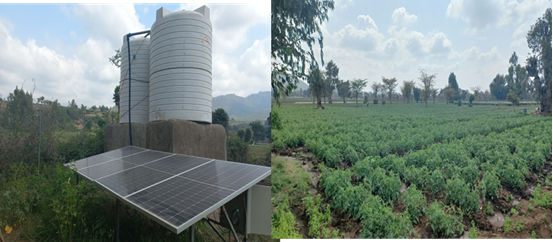
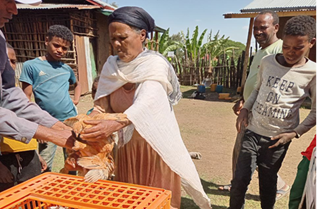
Impact
- 500 households across 496 hectares directly engaged.
- Women hold leadership in several income-generating activities.
- Soil and water conservation structures are showing strong results.
- Income diversification through agriculture and women-focused enterprises is improving household resilience.

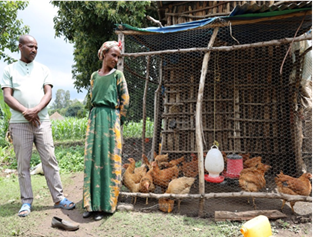

Next Steps
- Validation workshop of situation assessment: 5 August 2025.
- Final pilot activity and report submission: September 2025.
- Strengthen community organizations for long-term sustainability.
- Scale up successful practices to reach wider communities.

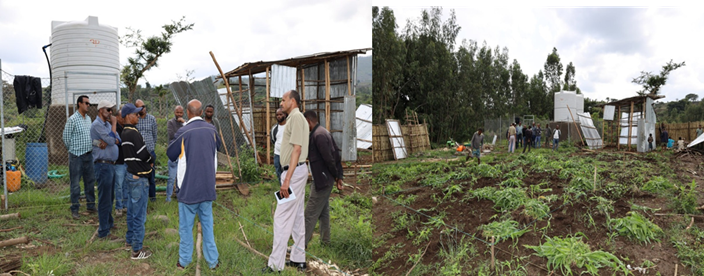
Looking Ahead
While full environmental recovery will take several years, early results show healing ecosystems, stronger livelihoods, and empowered women. The project is laying the foundation for climate resilience in Ethiopia’s Rift Valley, with lessons ready to be replicated at scale.


